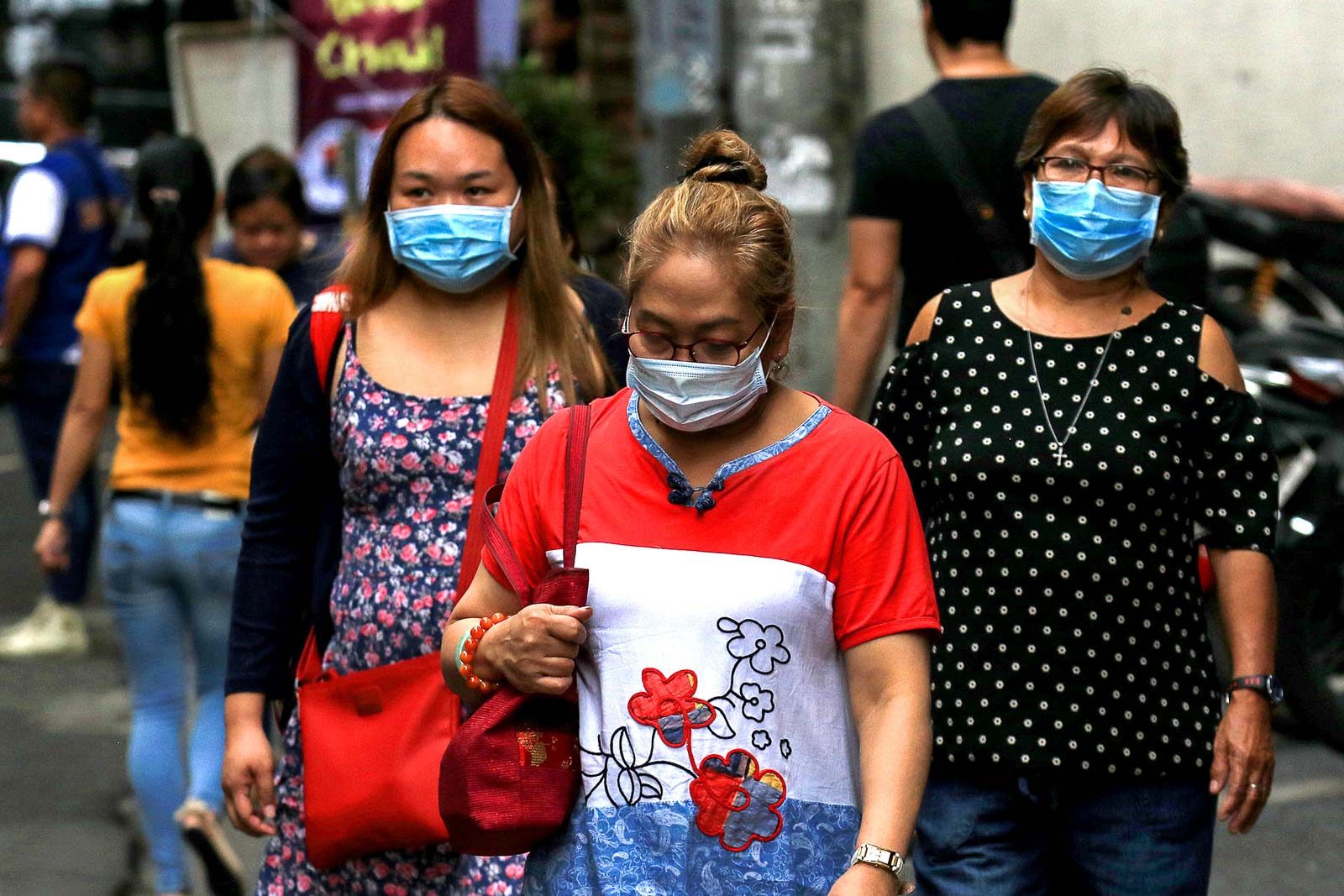SUMMARY
This is AI generated summarization, which may have errors. For context, always refer to the full article.

MANILA, Philippines – The Department of Transportation (DOTr) implemented increased safety measures in transport hubs nationwide following the first confirmed case of novel coronavirus (2019-nCoV) in the Philippines.
The coronavirus spreads through aerial droplets, particularly through sneezing and coughing. Thus, transport officials ordered that sanitizers and disinfectants be made available at terminals, train stations, ports, and airports.
Land terminals and railway networks will conduct strict passenger screening to counter the spread of the virus.
The Land Transportation Franchising and Regulatory Board (LTFRB) mandated all public utility vehicles (PUV) drivers and conductors to wear face masks while on duty, directing all franchise holders to ensure compliance.
Terminal operators were also directed to ensure sanitation and cleanliness in their premises, as well as to provide face masks and disinfectants or sanitizers to passengers for free.
Meanwhile, railway frontline and security personnel were also instructed to wear face masks and ensure the availability of face masks, sanitizers, and soaps in train stations.
Train interiors and station premises, particularly surfaces that are frequently touched by the public, will be disinfected. The Metro Rail Transit line 3 (MRT3) trains, for one, will be cleaned and disinfected after every loop, according to DOTr communications director Goddes Libiran.
For the aviation sector, the Civil Aviation Authority of the Philippines also reactivated its communicable disease preparedness procedures on all CAAP-operated airports. Passengers will be strictly monitored.
As early as January 23, the Manila International Airport Authority made sure that other precautionary measures such as ensuring the availability of hand sanitizers, providing an examination booth, and sanitizing quarantine areas are implemented.
For the maritime sector, strict passenger screening will also be conducted at arrival areas in ports operated by the Philippine Ports Authority. Face masks and sanitizers will also be given out to frontline employees.
The Maritime Industry Authority also advised ship owners and operators to report suspected cases of 2019-nCoV, install necessary medical equipment, and inform personnel about the virus.
As of Friday morning, January 31, the death toll from the novel coronavirus has risen to 212. The World Health Organization has declared the outbreak as an international emergency, allowing it to issue global recommendations for implementation by the international community.
For now, the Philippines is calling for the repatriation of Filipinos in China, with the first batch of repatriates expected to arrive next week.
The city of Manila, where the 2019-nCoV patient is currently located, is set to distribute 500,000 face masks to public school students.
The public is advised to practice proper hygiene and coughing etiquette, including constant washing of hands and coughing into the crook of the elbow. (‘Novel coronavirus or 2019 nCoV: What we know so far) – Rappler.com
Add a comment
How does this make you feel?
There are no comments yet. Add your comment to start the conversation.